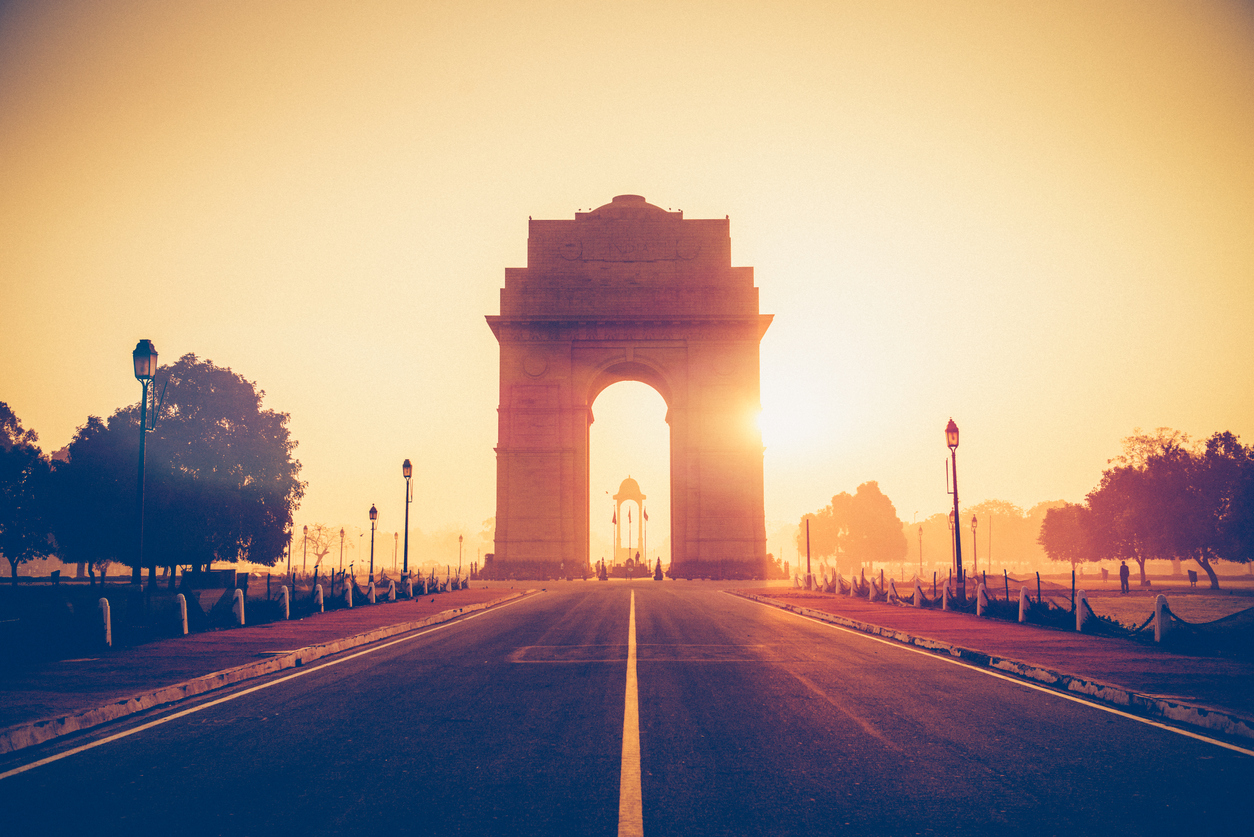There are many ways in which you can define the people who think differently from you. There are extreme ways in which you can think of the ones who are diametrically opposed to your way of thinking. You can think of them as being evil. You can think of them as the enemy. You can think of them as the opposition. As for the ones who think and act differently from you but are not directly opposed to your thinking, you can label them as cowards, as hypocrites, as blind or deluded, or as cretins with their heads in the sand. You can think any or all of this truthfully and accurately, but the trap opens the moment you de-humanize even your worst adversary.
When looking at the behaviour of a large mass of people, no matter how odious their beliefs and actions, no matter how devoid of decency and humanity the people leading them, it is crucial to remember we are dealing with fellow humans and that the only real ‘victory’ can be when you make them see things differently without using violence. Actually, this principle should apply not only to a large mass of people but also to smaller groups who often rule or control those masses.
Noble as this idea is, it is skewed unfairly in favour of those who are selfish and without principle. History has demonstrated that the oppressed and the deprived are the ones who are expected to show patience, humanity and understanding. Generations upon generations of the vast majority of human beings have lived lives impoverished on many different levels and died while waiting, hoping and struggling for a more equitable existence. The formative idea of many modern nations has centrally involved the better distribution of resources and opportunities for the people who make up the nation; that and the belief that all the citizens of the coalescing country are born with equal rights. Many of these countries have been formed after one sort of revolution or another. The revolutions have occurred when people have become tired of waiting for this or that ruling empire to drop more than crumbs from its high table. This ‘more than crumbs’ has ranged from fundamentals such as food and resources essential to basic sustenance to more abstract things such as language, culture, freedom of worship, and the right to speak freely.
The nation state is not a god-given idea, it is just one construct thought up by humans. The nation state as a model for organizing people is one that is full of deep flaws. But like democracy, or the models of democracy prevalent today, it may be the least flawed option available to us at this point. Just around the first sharp bend of the future could be totally different models of democracy waiting to surprise us; whether stemming from these or not, there may come a time in the near future when the current ideas of ‘country’ or ‘nation’ may seem as old and quaint as the steam engine, useful for its time but completely obsolete now.
If one keeps this in mind then perhaps one should not feel undue sadness at the break-up of one’s nation, or Constitution or the melting away of this set of borders or that, as has happened across history. Perhaps the only idea that should matter is that all humans are born equal and that every moment of every human life spent on this planet is as devoid of scarcity, strife and violence as possible. Till such time as a nation state is working democratically to reach this goal for all its inhabitants it serves a purpose; the moment it ceases to work towards this, it loses the justification for existing.
Coming out from under the yoke of a cruel and exploitative empire, a new nation may lay down a set of ideals and rules as part if its foundation. It may then take a struggle of sixty, seventy or a hundred years for the ideals to reach some sort of proper traction. During this time, there may be forces, groups of people who played no part in gaining the nation’s initial freedom, groups who for their own narrow hunger for power were, in fact, collaborators of the oppressive empire. Sometimes these groups could then work away like termites nibbling into the structural frame of the nation they have resented from its inception. It may take this group fifty or seventy years to come to power through the means of the democracy they actually hold in contempt. Once in power, though, all the groundwork the group might have put in place, alchemized with the fearfulness, prejudice and hypocrisy that already exist in that society, may lead to an open and naked undermining of the structures and major institutions that allow the democratic nation to function.
For example, if a series of governments had already gravely weakened the independence of the police and the armed forces, if previous regimes had already corrupted the civil services to some extent, had already tampered with the independence of the election authorities and the judiciary to a certain degree, then all this group of termites would need to do, when it came to power, is just more of the same except more brazenly, to a more extreme degree in a much shorter space of time. While doing this damage maybe all they would need to think is ‘ek dhakka aur doh!’ and the structures, no longer supported by one another, might start to totter towards a collapse.
Used to celebrating the results of their serial vandalism, the group now in power may exult as the dust starts to rise from the assaulted structures of democracy. They may even joyously shout out the name of their favourite deity. You, watching them rejoice at what seems like a collapse, may find yourself very far from celebrating. You may find dreadful visions rising before you: of a criminally amoral and egomaniacal leader, like Trump in the United States of America, of a brazen new apartheid that murderously targets a minority, as in Israel, of religion being ruthlessly weaponized to retain power, as in Turkey today, or of a cowardly, captive judiciary being forced to pervert the course of justice, as we see in Russia.
It is at this point that you may find yourself having to make a choice. Do you abandon all ideas and hopes you had tied to the idea of your country, or do you participate in fighting to retrieve a certain kind of republic — one that is inclusive, non-majoritarian, with the idea of belonging not defined on the basis of lists — for a few more decades? Do you conclude that this particular nation has reached the end of its usefulness or do you continue to believe that the republic, as originally conceived, might still serve and protect the millions of people under its umbrella? Do you abandon the house to the termites and the vandals or do you start to help with the repair work, impossibly difficult as that task may feel? Perhaps your answer would be dictated by whether you believe the repaired house can shelter all its residents equally, whether it can be a place where scarcity and violence continue to be challenged and reduced.












